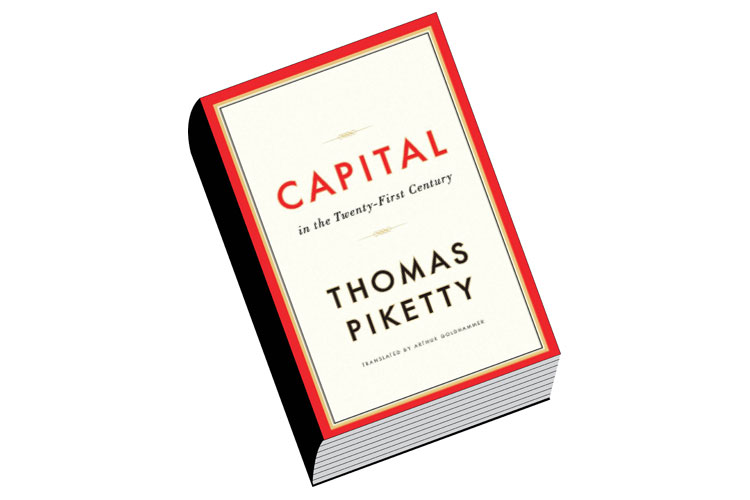

There’s a lot of interest in economic inequality these days, and research conducted over the past 15 years by Piketty, a professor at the Paris School of Economics, is a big reason why. The reasons start with the confluence of subject matter and author. Political action has curbed dangerous inequalities in the past, Piketty says, and may do so again.It was only published in English a few weeks ago, but French economist Thomas Piketty’s Capital in the Twenty-First Century has already become inescapable. The main driver of inequality-the tendency of returns on capital to exceed the rate of economic growth-today threatens to generate extreme inequalities that stir discontent and undermine democratic values.

But we have not modified the deep structures of capital and inequality as much as we thought in the optimistic decades following World War II. Piketty shows that modern economic growth and the diffusion of knowledge have allowed us to avoid inequalities on the apocalyptic scale predicted by Karl Marx. His findings will transform debate and set the agenda for the next generation of thought about wealth and inequality. In Capital in the Twenty-First Century, "Thomas Piketty analyzes a unique collection of data from twenty countries, ranging as far back as the eighteenth century, to uncover key economic and social patterns. But satisfactory answers have been hard to find for lack of adequate data and clear guiding theories. Summary: What are the grand dynamics that drive the accumulation and distribution of capital? Questions about the long-term evolution of inequality, the concentration of wealth, and the prospects for economic growth lie at the heart of political economy.


 0 kommentar(er)
0 kommentar(er)
